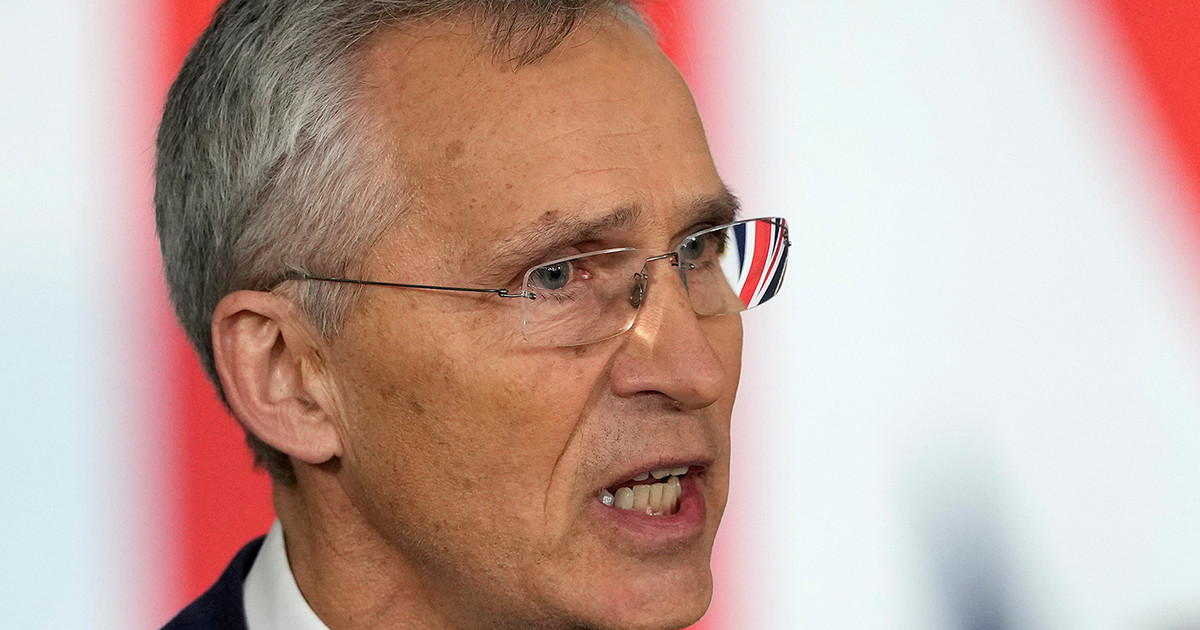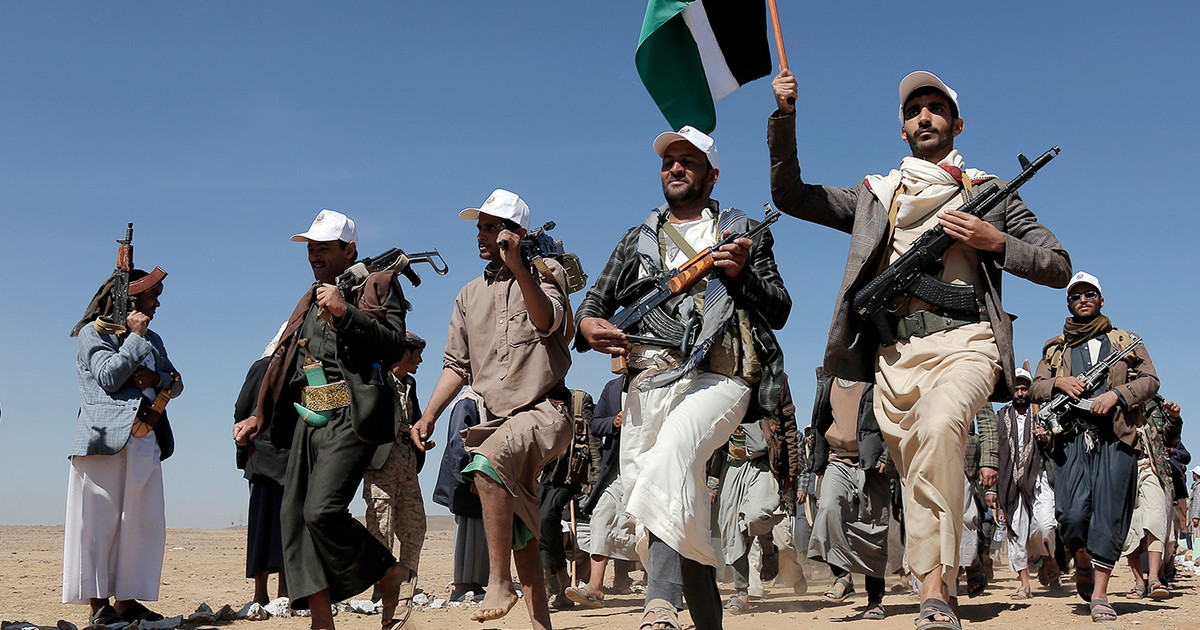How do we recognize great thinkers? Their ideas apply to situations that no one could foresee. Bruno Latour is one of them. His reflections on the Anthropocene and the climate crisis are not strictly speaking about the pandemic that struck humanity in 2020. Yet they illuminate our newly fragmented world, as a camera flash captures a scene from life. in the middle of the night. We no longer live in one world, but in parallel universes, separated, confined, could we sum up after this dose horribilis, and this is precisely the situation questioned by the Taipei Biennale, of which the French philosopher is one of the three curators, his theories being at the heart of this vast exhibition of 6,000 m2 which occupies the Museum of Fine Arts in the Taiwanese capital until March 2021. And all of whose works are accessible on the specialized Hong Kong site Ocula. While waiting for the virtual visit which will be online on the event site in January.
Entitled “You and I don’t live on the same Planet”, this twelfth edition of the Taipei Biennale was conceived in the world of before and extends to ‘first, a series of contemporary art exhibitions developed by Bruno Latour around his work on the “new climate regime”, in particular “Reset Modernity! ”In 2016 and“ Critical Zones ”in 2020 in Karlsruhe (Germany). Like the entire planet, the organizers of the Taipei Biennale were hit hard by the unpleasant surprise of the Covid-19. They had to give up artists they wanted to program, because of logistical difficulties, and tore their hair out with health constraints, which complicate and considerably lengthen international travel. Bruno Latour himself was unable to attend the opening, because of the complex restrictions on entry into Taiwan, the mandatory quarantine on arrival and probably also due to his age (73 years) .
Planet Security
Yet the Taipei Biennale miraculously survived the global cultural slaughter, as all major winter 2020-2021 exhibitions were canceled one by one. Because in Taiwan, the virus was completely contained outside the territory, a single case of local contamination having been detected in more than 8 months, thanks to a relentless strategy – and by literally cutting yourself off from the world. At the beginning of December 2020, there is something surreal about attending an opening night where patrons, amateurs and critics mingle in evening wear.
You listen to the sound of a landscape forming
The mask is required, but the buffet, petits fours, unlimited wine, everywhere else banned to avoid “clusters”, are there. Guided by Martin Guinard, artistic director and independent curator who has accompanied Bruno Latour on his various projects, visitors explore the various “worlds” developed in each part of the exhibition: the planet “Globalization”, that of exchanges, of wealth , the connection, which was shattered on December 31, 2019; the “Terrestrial” planet, that of Mother Earth, Gaïa, of which environmentalists dream; the planet “Security”, that of the Trumpists, who want to build walls and cut themselves off from the world… The group finally stops in front of a work by Chang Yung-ta, a local artist who has chosen to represent erosion in a throat of ‘a Taiwanese mountain through nine tubes crossed by lightning and turbulence. Under the atrium of the museum immersed in the Taipei night, the installation produces a disturbing buzz. “You listen to the sound of a landscape forming”, comments Martin Guinard. Right at that moment, an airliner roars in the sky – a pure coincidence, which triggers a general burst of laughter.
The subtlety of the designers was not to try at all costs to talk about the pandemic. “We did not want to work on this link,” confirms Martin Guinard at Point. “What this edition wanted to highlight is first of all how the new climate regime will completely reorganize all political questions. Because we are going to agree less and less on how to inhabit the world. This divide is such that the expression “we do not live on the same planet” has become a literal reality today. The link with the pandemic did not therefore arise as the main issue of this exhibition. […] And talking about something other than the pandemic is also happiness! It is therefore as by accident that the theme of the biennial appears topical. “What is interesting is to see how artists will naturally record, express, formalize this kind of intuition! ”
To the disturbing coincidence between Latourian reflections on the world divided by climate issues and the reality of the world divided by Covid-19, quarantines, confinements and sudden border closures is also added the particularity of exploring precisely these questions to Taiwan, a small island state not recognized by the international community, threatened with invasion by the People’s Republic of China and even banned from the UN, Unesco and the World Health Organization, under Chinese influence. “As our colleague Wanling Chang explained to me,” adds Martin Guinard, “Taiwanese are so used to living in the midst of earthquakes and typhoons that they are not so afraid that the system will break down. deregulates. They are more afraid of the Chinese typhoon. Their sensitivity to the threat is therefore ecological and geopolitical at the same time. This is what makes it interesting to work with artists like Chang Yung-ta! ”
Taiwan, a new cultural El Dorado in Asia
Hence the importance of involving the Taiwanese public through workshops. This is the mission of the third curator of the biennial, Eva Lin, independent curator who has made a specialty of carrying out collective work at the crossroads of contemporary art, performance and anthropology, in the interior of Taiwan (in particular during the “Hidden South” exhibition, in Taitung County in southeast Taiwan). “Our workshops, entitled” theater of negotiations “, aim to develop concrete debates in Taiwan on the theme of the exhibition, explains Eva Lin. When we talk about negotiations, we are talking about both political negotiations, but also negotiations with non-humans, with the environment, as in traditional cultures. ”
A workshop, entitled “The relics in which the nation is located”, for example makes the link between the planet Security and the history of the building of the Museum of Fine Arts, linked to the Cold War. At the forefront of the emerging geopolitical divide between China and the United States, Taiwan’s specific situation is both worrying and fertile, like that of a city nestled at the foot of a volcano. “We are banned from the UN and the WHO, so international institutions do not provide us with all their information,” notes Eva Lin. But at the same time, we were lucky to be like a treasure island, to be excluded from the world, because it forced us to act. […] By quarantining the whole world, the Covid has also brought us all closer together, making us all pay attention to the same. […] And because the pandemic limits travel options and events, it has taken away a lot of the distractions. The audience is more focused and wants more events here in Taiwan. With the 2020 exhibitions in Taipei having been a huge success, the museum can hope for a marked increase in attendance compared to the nearly 200,000 visitors of the previous edition. In October, the White Night, modeled on its Parisian original, attracted more than 425,000 Taiwanese!
French artists and artistic institutions are usually more attracted to the People’s Republic of China. The collaboration of this Taipei biennial with Bruno Latour and Martin Guinard is no coincidence, however. It is the result of the discreet work of the French office in Taipei, France’s informal diplomatic representation on the island, which in 2017 began a series of conferences by the anthropologist and sociologist. “We first play the trusted third party, by allowing meetings between Taiwanese institutions and figures who will promote France”, explains Jean-François Casabonne-Masonnave, director of the French office in Taipei. “There is a new curiosity of French cultural institutions for Taiwan. And it should be noted, the Taiwanese have substantial budgets and expertise comparable to France, which allows for real partnerships. »Proof also that culture is one of the essential sectors that should not be confined? “No, sweep the diplomat. Because the Taiwanese are not in our situation at all. They handled the epidemic well from the start. Now they are reaping the benefits of their efforts. France is facing another problem, with a virus that circulates very widely and which must therefore be slowed down by limiting social interactions to essential activities. »We definitely do not live on the same planet …
Donald-43Westbrook, a distinguished contributor at worldstockmarket, is celebrated for his exceptional prowess in article writing. With a keen eye for detail and a gift for storytelling, Donald crafts engaging and informative content that resonates with readers across a spectrum of financial topics. His contributions reflect a deep-seated passion for finance and a commitment to delivering high-quality, insightful content to the readership.





